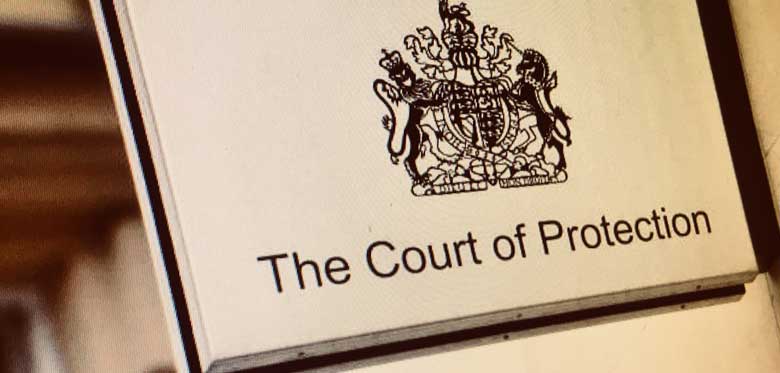The term “DoLS” (Deprivation of Liberty Safeguards) is often viewed as a negative and draconian concept, as the person being deprived of their liberty is having their freedoms restricted, impacting their right to liberty under Article 5 of the ECHR (European Convention on Human Rights).
A DoLS authorisation ensures that people who cannot consent to their residence and care arrangements (i.e., they are assessed to lack mental capacity in this area) in a hospital or care home are offered protections/ safeguards if the arrangements in place amount to a deprivation of their liberty.
If a hospital or care home (the managing authority) wish to deprive somebody of their liberty, they must obtain permission from the local authority (the supervisory body). Initially, an assessment of the care, and the restrictions in place as a result, will be completed by two independent professionals, a best interests assessor and a mental health/ capacity assessor. The initial assessment procedure is a safeguard, which includes a set of checks to ensure that a persons care arrangements, which deprive them of their liberty, are as least restrictive as possible and in their best interests.
The initial assessment should also identify and allocate a representative for the person, which can be either a paid representative from an advocacy service, or a family member or friend. This person is called a Relevant Persons Representative “RPR”, and their role is a crucial safeguard; the RPR, on behalf of the person, can make a complaint, request a review, raise a challenge against the DoLS authorisation, and has a duty to ensure that the arrangements in place are as least restrictive as possible.
The safeguards do not stop once a deprivation of liberty has been authorised, and a DoLS is in place. A DoLS authorisation should be in place for the shortest possible period of time, and for no longer than 12 months. During this time, both the managing authority and supervisory body should complete regular checks to see if the authorisation needs to be reviewed or removed if the persons circumstances have changed or the restrictions are no longer in the persons best interests.
If the person who is being deprived of their liberty is objecting to their care, placement, or the restrictions in place, they have an unqualified right to access the Court of Protection to challenge the deprivation of their liberty and review their detention under Article 5(4) ECHR. It is the role of the persons RPR to support them to do so, including instructing a solicitor on their behalf.
We are experienced in representing vulnerable adults and family members and advising and assisting RPR’s to challenge the deprivation of a person’s liberty in the Court of Protection. Should you require any advice or assistance in respect of the above issues, please do not hesitate to contact us on 01616 966 229 and our team of specialist mental capacity and Court of Protection solicitors may be able to assist. Non-means tested legal aid funding is available to the person subject to the DoLS authorisation wishing to challenge the deprivation of their liberty.




Comments